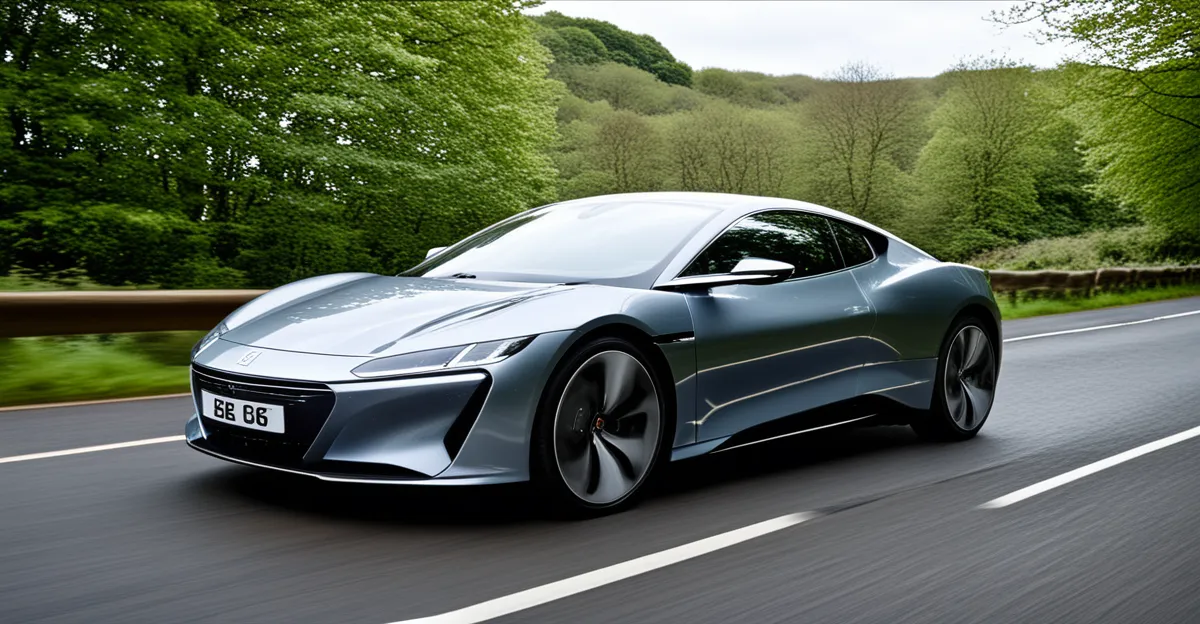UK Automotive Innovations Accelerating Sustainable Transportation
The UK is at the forefront of automotive advancements, particularly in electric vehicles (EVs) and hydrogen fuel technology. Breakthroughs in EV battery efficiency and charging infrastructure are rapidly improving range and convenience, making electric vehicles a more practical choice for everyday use. Charging networks have expanded significantly, reducing concerns about accessibility and charging time.
Hydrogen fuel technology is gaining traction as a complementary solution to batteries. Hydrogen fuel cells offer quick refueling and longer driving ranges, which are crucial for heavy-duty and long-distance transport. Scaling production and infrastructure for hydrogen-powered vehicles is a priority, positioning the UK as a leader in this emerging field.
Have you seen this : How Will Autonomous Vehicles Transform Urban Planning?
In addition to propulsion, the sector is advancing eco-friendly manufacturing. Innovations include reduced energy consumption, use of recycled materials, and lower emissions during production. These changes not only minimize environmental impact but also align with broader sustainability goals.
Together, these UK automotive advancements demonstrate a balanced focus on developing sustainable transport solutions that address diverse needs—from passenger vehicles to commercial fleets—while fostering a greener manufacturing ecosystem.
Also to see : How Is the UK Automotive Industry Adapting to the Rise of Electric Vehicles?
Government Policies Driving Green Mobility
Supporting a cleaner, greener future
The UK government policies play a crucial role in accelerating the shift toward sustainable transportation. Through targeted sustainable transport incentives, the government funds a variety of projects aimed at boosting the adoption of zero-emission vehicles. For instance, grants and subsidies help reduce upfront costs for buyers of electric vehicles, making them more accessible and appealing to the public.
Emissions regulations are another pillar of these policies. The UK has implemented strict rules and established clean air zones in major cities, discouraging the use of high-polluting vehicles and promoting cleaner alternatives. This regulatory environment encourages manufacturers and consumers to prioritize electric vehicles and other low-emission technologies.
Furthermore, tax benefits provided under these policies incentivize businesses and individuals to invest in green mobility solutions. These combined efforts not only stimulate demand but also support the broader agenda of reducing air pollution and meeting the UK’s ambitious climate targets. The synergy between financial incentives and regulatory measures is key to making sustainable transport options mainstream across the country.







